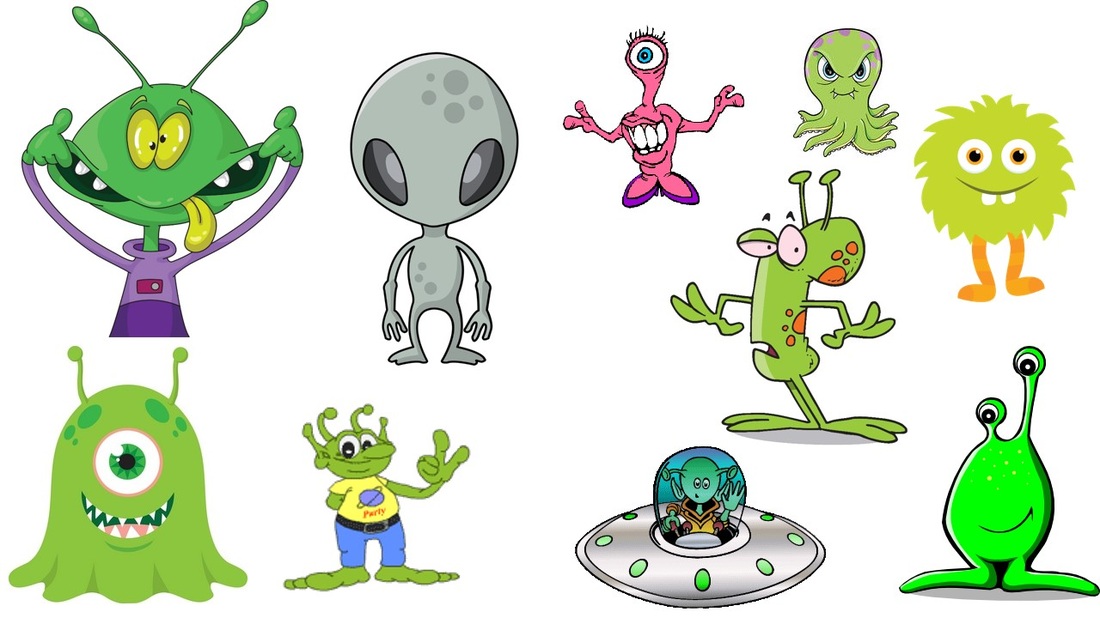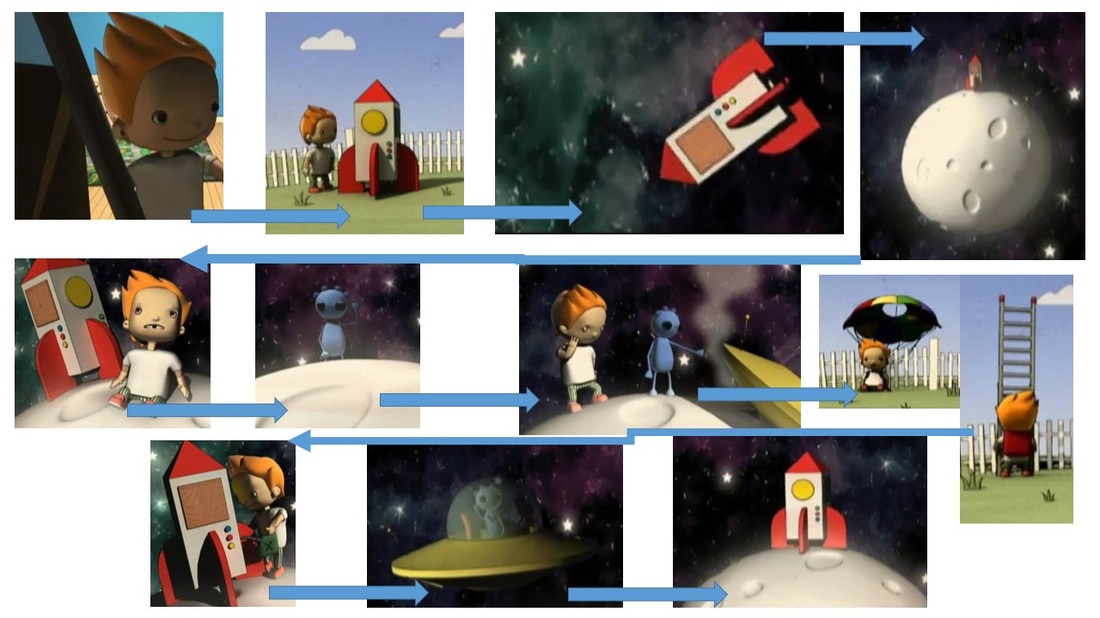|
There are some exams which a child’s school will be less likely or less able to help them prepare for. These are entrance exams for admission to schools such as grammar schools or private schools. While teachers will be well-versed in how to help their pupils achieve good grades in their nationwide exams such as GCSEs and A-Levels, they may not be familiar with what is required to succeed in exams such as the 11+.
How are These Exams Different? Entrance exams, including the 11+, test children on different areas of ability that standard exams don’t test. In addition to this the 11+ exam may differ in different areas of the country so it is important that parents check with their local LEA which type of 11+ their child will be sitting. The 11+ exam will consist of papers in the following disciplines: English, Maths, Verbal Reasoning and Non-Verbal Reasoning. How Can a Private Tutor Help? Many private tutors will specialize in preparing children for the 11+ exam or entrance exams for particular schools in the local area and may have been doing this for years. You could ask them what success their past students have had or which schools’ exams in particular they are familiar with. The tutors will know how the tests are put together and what sort of questions can be expected. Fleet Tutors, one of Britain’s leading tutoring organisations, are able to supply a private tutor that can devote time to doing practice papers with a child which a parent or the child’s school may not have time to do, quickly understanding a child’s learning needs and focus on areas to improve on. Most schools will not devote any time to preparing students for the 11+ exam and certainly not to preparing for entrance exams for private schools. Even if they do this will be taught within a big group and won’t provide the individual attention pupils need for the exam preparation. Verbal Reasoning and Non-Verbal Reasoning The areas of the 11+ exam that will require some preparation on the part of the student are the verbal reasoning and non-verbal reasoning sections of the exam. This is because they are not taught directly in a day to day school timetable. Children can develop verbal reasoning skills by doing word games, puzzles, jigsaws, crosswords etc. Reading widely will help a child build a wide vocabulary which will help with solving verbal reasoning problems. Non-verbal reasoning questions can test a child’s potential regardless of their knowledge of English as they focus more on logical thinking and even maths concepts. With the closing date for 2015 entry in December, now is the time to start thinking and planning ahead for the 11+ and those fiercely competitive grammar school places. "
3 Comments
Here are my nominations, be sure to make yours! |
| | While the children have their eyes closed take the children on an imaginary voyage. Prompt them using the following utterances. - Imagine you are weightless, floating without your feet touching the ground. - Look around - all is dark but you can see stars and planets and moons all around you. - What can you see in the distance? Is it a planet? What colour is it? Is it big or small? Who do you think lives there? - You head towards it, how do you feel as you near it? |
Watch the following film 'Way Back Home'
| Once this activity has taken place then ask the children to look at the image of this fantasy planet. The children once again make notes of what they can see on post it notes and place them on a language track. (two rows of masking tape on the carpet) Once the post its are stuck on the track all children then read all of the responses. Once the children have read all of the descriptions then the children choose their favourite. They then read their favourite description out as children take turns to walk down the track, a little like conscience alley. |
Children then retell the story using the story map - adding in their own descriptions of the planet and the alien.
If you would like to discuss any of this lesson please use twitter @redgierob or leave a comment.
Thanks
Rob
We offer writing workshops from Y1 - Y9 and can cater for most themes and text types. Email [email protected] for details.
Rob from Literacy ShedJust writing down what I think about school and education. |
Archives
July 2020
March 2020
July 2019
January 2019
November 2018
October 2018
September 2018
June 2018
April 2018
March 2018
February 2018
December 2017
November 2017
September 2017
July 2017
June 2017
May 2017
April 2017
March 2017
February 2017
January 2017
December 2016
September 2016
August 2016
July 2016
June 2016
May 2016
February 2016
January 2016
December 2015
October 2015
September 2015
August 2015
May 2015
April 2015
February 2015
January 2015
December 2014
November 2014
October 2014
September 2014
August 2014
July 2014
March 2014
February 2014
June 2013
May 2013
Categories
All
App
Assessment
Back To School
#bookblast
Books
Champion
Collective Nouns
Competition
Failure
Fear
Flanimals
Grammar
GreenPeace
Inspiration
Jabberwocky
Knowledge Of Texts
Ks1
KS2
Land Of Never Believe
Lie Tree
Literacy
Moderation
Persuasion
Primary
Pupils
Rang Tan
Reading
Reading Skills
Reading Vipers
Rita Pierson
Rules
Show Don't Tell
Social Media
Spelling
Teacher
Technique
Technology
Twitter
Twittiquette
Vipers
Vocabulary
Whole Class Read
Whole School
Who To Follow
Wicked
World War 2
Writing
Writing Assessment




 RSS Feed
RSS Feed
